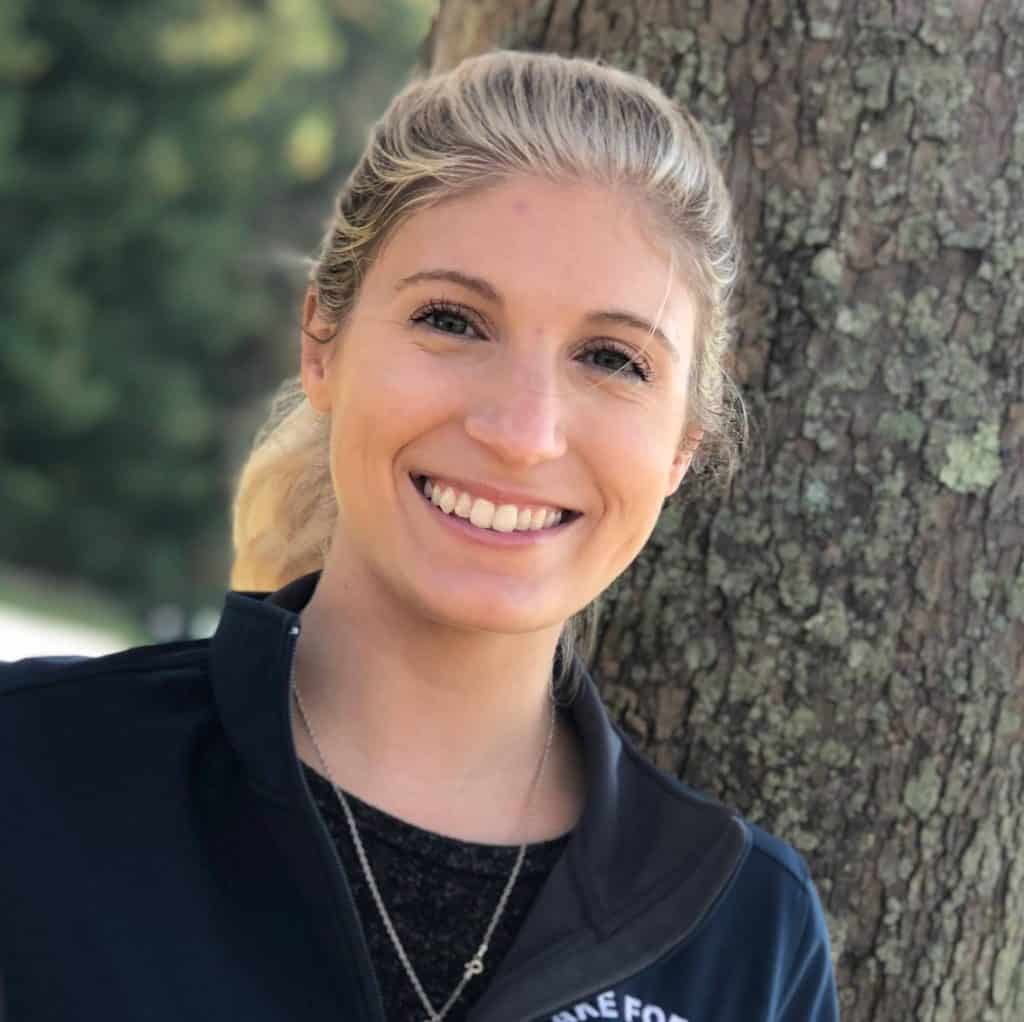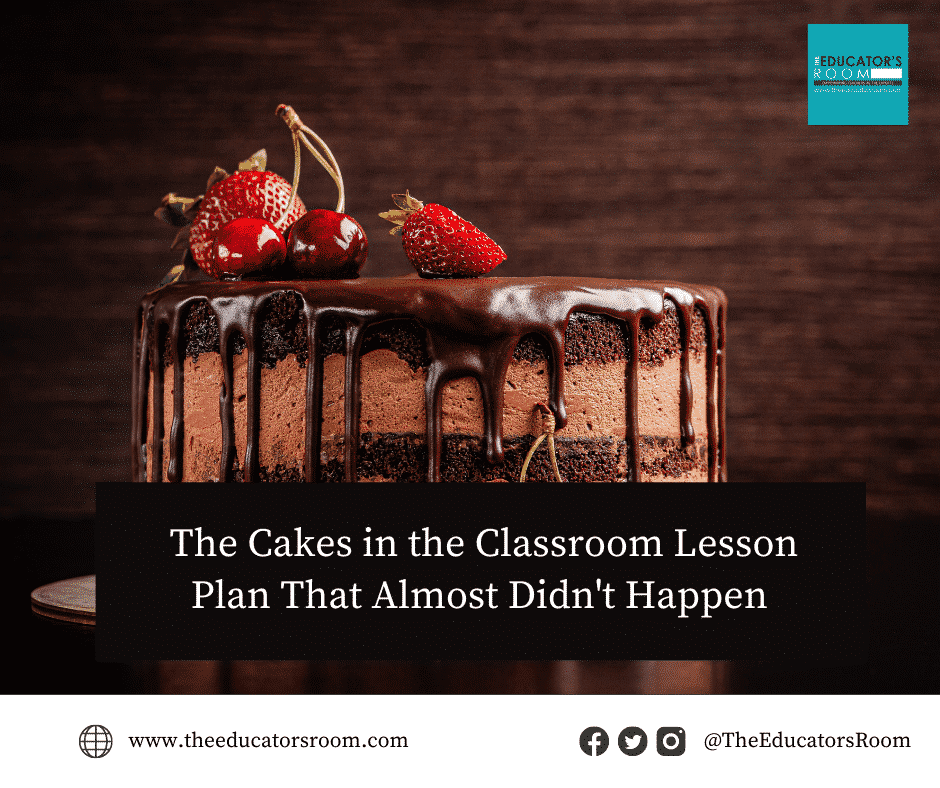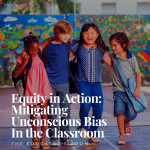Erika Bailey

I graduated with a bachelor’s in history and a master’s in secondary education. I was a math interventionist for elementary and an afterschool program instructor before transitioning to a high school social studies teacher. During my tenure, I also worked as the choreographer for the drama club. Currently, I am pursuing higher education in psychology.
Difficult Holiday Lesson Plans
Don’t you love it when that time of year comes around when all of your kids’ eyes glaze over as you are trying to teach meaningful content? But, unfortunately, the holidays are a time when things can go a little sideways in the classroom. Students are on family vacations, meetings, end-of-term exams, parent-teacher conferences, curriculum to teach, students don’t show up, and you have your own life. The holidays are a fantastic time but are incredibly hectic. And you can forget about trying to keep your students’ attention as the clock ticks down towards a holiday break.
It was my first year teaching before winter break, and I struggled to find an exciting lesson plan. I already had my hands full with a unique group of students. I needed something spectacular where the students could be involved. I started out having ambitious goals that soon turned into survival mode. As any first-year teacher, I immediately started perusing the internet for anything that would work.
Exhausted and defeated, I began the Pinterest search for ready-made movie questions. A movie and question worksheet is the equivalent of waving the white flag for a teacher. It is the last-ditch effort to have something going on in case administration does a “drive-by.” Halfway through my scrolling, I found a simple-looking pin about baking cakes in the classroom. I had my doubts as I read how this lesson plan was going to work. The teacher who had implemented the lesson plan was a food prep instructor. Baking cakes in a classroom made more sense for food prep than a social studies class. However, I was determined to have a standards-based lesson that the students would enjoy. The cake lesson plan had me hooked, but I needed support to make this work.
I had teamed up with my mentor for the lesson plan, which gave me a stronger foundation. Yet, as a good mentor does, she left the ball in my court. She was there for support but, it was up to me to handle all the details. I tried and failed with rubrics, introductory presentations, checkpoint assessments, and integrating standards. However, my mentor continued to push me forward because she believed it was a fantastic lesson plan.
The Cake Wars
After several long weeks of prepping project materials, I cautiously began the first day of the cake project. The students broke into their groups and immediately began planning strategies for their cakes. During the planning sessions, each group was responsible for that days’ checkpoints. Each student in the group also had a specific role. I designated a leader to organize the group while others filled in the other responsibilities. The students not only embraced this new project, but they also took full responsibility for the outcome. Day one of the cake project had been a success.
Soon after the cake project had started, a challenge was issued from a teacher down the hall. My mentor teacher came into my class to announce a cake war; her eleventh-grade social studies class, against mine. The students accepted the challenge and begged for time to work on their cakes without the slightest hesitation. The excitement was audible from two hallways down. The students not only got to bake cakes, but they were in direct competition with most of their friends down the hall. Soon, students would talk about the cake wars throughout the entire school. All I could think was, what have I started?
The administration had not been privy to my lesson plan on the cakes, let alone the entire cake war situation in the social studies hallway. So here I was, a first-year teacher who had not run this by them, baking cakes for a project grade right before winter break. However, throughout my entire teaching practicum, my mentor teachers had told me that it was better to ask for forgiveness rather than permission. Eventually, my administrator had found out about the cake war via an incredibly excited student and asked to speak. But, regardless of how old you are, being called down to the office irks your soul.
The first thought that went through my head was that I should have asked permission to carry out this lesson plan. I would have a lot of disappointed students if I had to cancel this whole thing. To my surprise, my administrator adored the idea of the cakes and intended to come down to take pictures for the yearbook. I could breathe a sigh of relief. The cake wars continued as planned, and the students’ excitement was palpable.
The students’ planning sessions were in-depth and detail-oriented as if planning for an actual war. They divided certain materials that were needed and developed contingency plans if something went wrong. Throughout the planning sessions, I used anonymous self-assessments to see if everyone in the group was participating equally. To my relieved teacher soul, this lesson plan encompassed several necessary standards and life skills! I watched the students work through complex problems throughout the weeks and come together with dogged determination to beat the other class. The days ticked by, and presentation day had finally arrived.
Presentation day involved a variety of activities. Cakes were delivered at the beginning of the day and could only arrive with a base layer of icing on them. Students completed all decorating in the classroom. The decorating rule was one that the students had decided to avoid an unfair disadvantage, such as a parent who had a degree in cake design. Students had forty-five minutes to decorate their cakes. When they had completed decorating, each group presented their cakes to the class and assessed their classmates’ work. The final piece of presentation day was for students to reflect on their accomplishments of the project.
The feedback that I gathered from the students went to create an even better lesson the following year. However, I was a little apprehensive when I requested input from the students. The students, on the other hand, were ready to give their opinions. They gave positive feedback and constructive criticism that I used to create a better project for the upcoming students. Some teachers believe that having student feedback on lessons is not necessary. I am a firm believer that student feedback is not just needed but should be required. They gave terrific insights into how things could have been different. Learning to collaborate with my students was an incredible asset that I carried on through my career.
What I Learned from Cakes
I never thought that I would be the one learning from a lesson plan, especially cakes. The cake lesson taught me the most about my students and my teaching style throughout my entire teaching career. As a first-year teacher, I had a lot on my plate, as many of you can understand. Up until winter break, I had not had many successful wins. I had toiled through upsets and utter failures that left me feeling worthless. The cake project had taught me to allow lesson plans to evolve with the help of students. The project was an excellent experience for my students and gave me the confidence I needed to get through the rest of the year.
Rapport building with the students through the cake project was the ultimate takeaway. Building relationships with my kids was not exactly my top priority for the first year, as it should have been. However, my students began trusting me as a teacher, a class they could enjoy and learn. Upcoming students also took notice of the cake wars. I had multiple students request to take my class solely based on baking cakes. Though my first year had been challenging, the cakes in the classroom made me realize how much I loved watching students learn.






